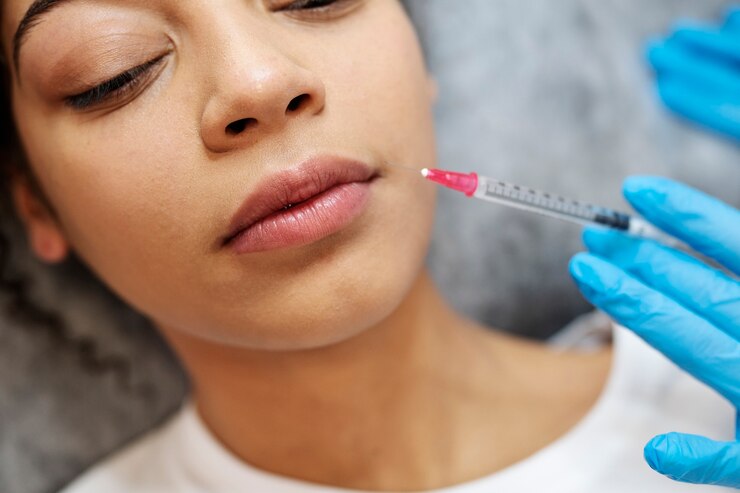How Do Antiperspirants Work?
Antiperspirants are products designed to reduce the amount of sweat your body produces. Unlike deodorants, which mask body odor, antiperspirants target sweat production. They contain active ingredients, typically aluminum-based compounds such as aluminum chloride or aluminum zirconium, that temporarily block the sweat glands. When applied to the skin, these compounds form a gel-like plug in the sweat ducts, which reduces the amount of sweat that reaches the surface of the skin.
Are Antiperspirants Effective for Treating Excessive Sweating?
Yes, antiperspirants can be effective in treating excessive sweating, especially when it comes to mild to moderate hyperhidrosis. However, the level of effectiveness depends on the severity of the condition, the strength of the antiperspirant, and how regularly it is used.
For people with hyperhidrosis, regular antiperspirants may not be strong enough. In these cases, a clinical-strength antiperspirant, which contains higher concentrations of aluminum chloride, might be recommended. These stronger formulations are more effective at blocking sweat glands and can significantly reduce sweating in many individuals.
While clinical-strength antiperspirants are available over-the-counter in many countries, some individuals may require prescription-strength products. These can be prescribed by a healthcare professional if over-the-counter products are not effective.
It is important to note that antiperspirants do not cure hyperhidrosis, but they can offer significant relief. For individuals with severe hyperhidrosis, other treatments such as oral medications, iontophoresis (a technique that uses a mild electrical current), Botox injections, or even surgery may be considered.
How to Use Antiperspirants Properly
To get the most benefit from your antiperspirant, it is crucial to use it correctly. Below are some tips for proper application:
1. Apply at Night
Antiperspirants work best when applied to clean, dry skin before bedtime. This allows the active ingredients to fully block the sweat glands while your body is at rest. During sleep, your sweat glands are less active, which increases the effectiveness of the antiperspirant. In the morning, you can apply deodorant if desired, but avoid applying antiperspirant again as it can irritate the skin.
2. Keep Your Skin Dry
Before applying antiperspirant, make sure that the area is completely dry. Sweat or moisture on the skin can reduce the effectiveness of the product. If you’ve just showered, wait a few minutes to ensure your skin is dry before application.
3. Use a Thin Layer
A thin, even layer is sufficient for most antiperspirants. Applying too much product can cause irritation or a sticky residue. If you’re using a clinical-strength antiperspirant, follow the specific instructions on the label for the correct application method.
4. Avoid Shaving Before Application
It is recommended to avoid shaving the area you plan to treat (especially the armpits) right before applying antiperspirant. Shaving can irritate the skin, and applying antiperspirant immediately after can cause stinging or further irritation.
5. Be Consistent
For optimal results, consistency is key. Antiperspirants work best when applied regularly. If you’re using a clinical-strength antiperspirant, it may take a few days to a week to notice significant improvements in your sweating.
Potential Side Effects and Considerations
While antiperspirants are generally safe for most people, some may experience mild side effects, including skin irritation, dryness, or redness. If you experience severe irritation, burning, or swelling, it may be necessary to discontinue use and consult with a healthcare professional.
Additionally, if you have sensitive skin, you may want to consider trying a hypoallergenic or alcohol-free version of an antiperspirant. It’s also worth noting that some people are concerned about the potential link between aluminum compounds in antiperspirants and health issues, such as breast cancer or Alzheimer’s disease. However, current research has not established any conclusive evidence linking antiperspirants with these conditions.
Conclusion
Antiperspirants can be an effective tool in managing excessive sweating, particularly for mild to moderate cases. By applying them correctly—usually at night on clean, dry skin—and choosing the right product for your needs, you can significantly reduce the discomfort and embarrassment caused by excessive sweating. If over-the-counter products are not effective, consult with a healthcare professional for stronger treatments or alternatives. learn more here – https://www.revitallab.co.uk/sweat-reduction/




